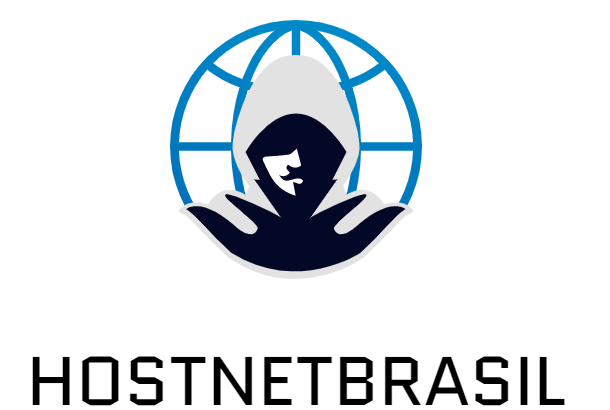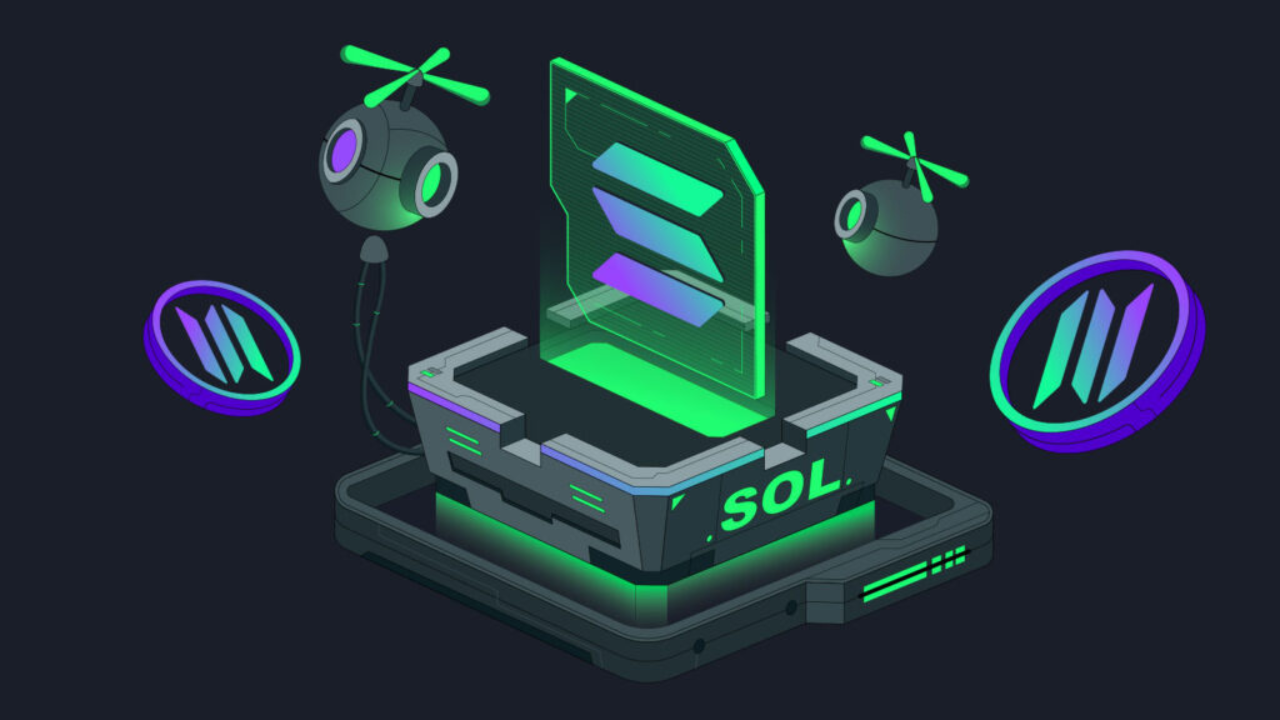With the increasing trend in cryptocurrency in Malaysia, investors are increasingly seeking methods to generate passive income on their investments. Staking is one of the most popular and efficient ways, at least when it comes to fast-growing projects such as Solana (SOL). Solana is a low-fee, high-throughput blockchain with a growing fanbase among DeFi and NFT. In case you already own SOL and are not willing to trade it but would like to receive rewards, staking is the solution. This guide will take you through the staking of Solana in Malaysia, solana price malaysia, where you can do it, and how it functions.
What is Solana Staking?
Staking is a process of freezing your Solana tokens to contribute to the work of the network, primarily to validate transactions, and, as a reward, to earn rewards. The system is founded on Proof of Stake (POS), in which the validators are picked to verify transactions and produce new blocks depending on the amount of SOL that they have staked, and the length of time it has been staked. Solana also has a special Proof of History (POH) system that enhances the speed of the network through the organization of transactions. Staking SOL means delegating your tokens to a validator, who does all the heavy work on your behalf. Instead, you will get a share of the rewards of the validator, which is a passive and profitable method of increasing your holdings in the long term.
Malaysians Should Think About Staking SOL
Staking is a safer and more sustainable way to invest in crypto compared to day trading because the latter is gradually gaining more and more popularity in Malaysia. Staking SOL is even easier with the legal framework to access international exchanges such as Bitget. Staking also provides recurrent returns as compared to the speculative ones that are affected by short-term market fluctuations. This is especially interesting to Malaysian investors seeking consistent returns in a new asset class. The second argument to consider staking is that you do not lose your SOL tokens and get the rewards. This implies that you are not selling your assets and putting them at grave risk. It is a passive way of investing and fits newcomers as well as long-term investors.
Mechanics of Staking Solana
The first thing to do to start staking is to select a validator. Validators are nodes that run transactions and secure the Solana network. By delegating your SOL to a validator, you help it operate. You, on the other hand, will get part of the rewards that they get by keeping the network running. The rewards are usually distributed every period, but on Solana, it is about every two to three days. How much you make is based on the total amount of SOL staked in the network, your portion of that total, and the performance of the validator. You should select a validator that has a good reputation and is active to get regular rewards.
Phantom Wallet or Bitget
The two main ways Malaysians can stake SOL are a decentralized wallet, such as Phantom, or a centralized exchange, such as Bitget. The advantages and disadvantages of each method are presented. When you use Phantom Wallet, you have complete control over your assets. Once you have made a Phantom Wallet and moved your SOL tokens to the wallet, you can select a validator directly through the wallet interface. This is the most appropriate way for those who prefer to remain fully decentralized and do not mind keeping their private keys. Bitget, on the other hand, provides a more convenient service to centralized platform users. Using Bitget, you can stake SOL using its staking service and do not have to use external wallets or select validators.
Staking Tax Implications in Malaysia
At this point, there is no clear structure for taxing staking rewards in Malaysia. But according to the laws of tax currently in place, it may happen that stakeholder income may be liable to tax if it is deemed to be a source of income. To remain compliant with the changing regulations, Malaysian crypto investors ought to keep track of their staking rewards and contact a licensed tax advisor to understand how to be compliant.
Conclusion
Solana staking is an intelligent and efficient method of obtaining passive income on your crypto-asset. In Malaysia, it is a comfortable and legal practice to access international platforms, such as Bitget. Solana is still expanding its ecosystem and getting developers on board, which means that SOL can become even more useful and in demand. You can earn rewards by staking your tokens, not only by supporting the success of the Solana network in the long term. Staking SOL is one of the options to consider by Malaysian investors who want to generate a stable and low-risk crypto income.


